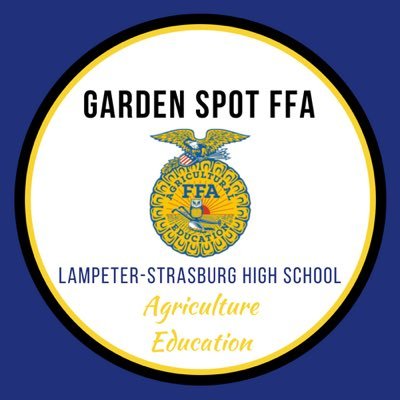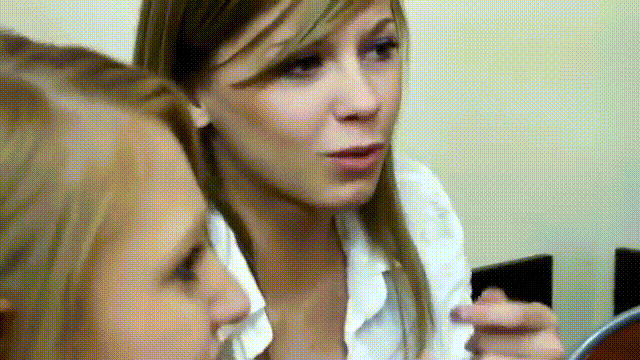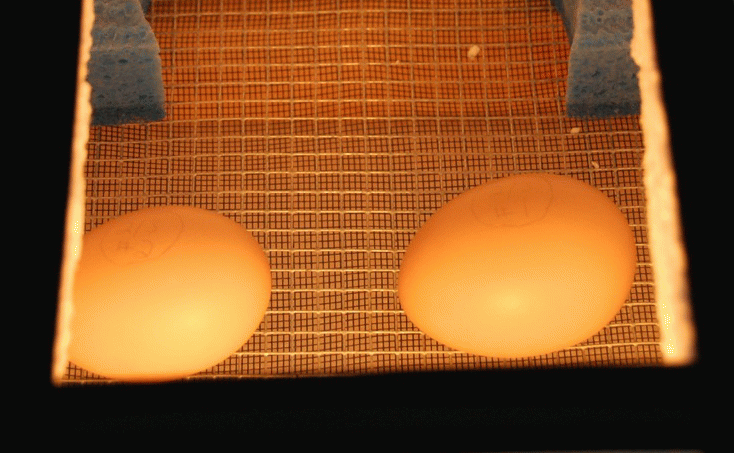One of our for AEE 495 assignment was to come up with a DIY project (Do it Yourself). After spending some time in the classroom, we decided that I needed to see more of another component of the three circle model of agricultural education-Supervise Agricultural Experience. For this project, I became one of the three judges, with Carole Fay and Deb Seibert, to interview Red Rose Star candidates. This took place at the Next Generation Ag Day on Thursday, March 14th for the County Public Speaking Contest and Red Rose Star Degrees. This event is open to all Lancaster County FFA Members to demonstrate their public speaking skills and be recognized for their efforts.
As a team, we came up with questions to asked interviewers based on their SAE experiences. We. had four applicants in the area of Star Placement, Production, and Agribusiness. To qualify members needed to have their Red Rose Degree. The Red Rose Degrees is the Lancaster County degree, where members need to have at least 75% of the requirements for the Keystone Degree to receive the county degree! Before coming to Lancaster I didn't know that county degree exists but it's a great pathway for students to receive their Keystone because they need to meet essentially the same requirements, but not as many.

When asking questions there were three areas that we were looking at to connect to their SAE; FFA involvement, classroom connection, and general knowledge of their project. We divided up the categories and I was in charge of FFA involvement. My questions were based on how being involved in FFA has developed them as a leader and how has it lead to their career interest. It was incredible to hear the members journey through FFA and much they accredited their involvement to their success and career choice. As I was sitting through these interviews, I reflected on my experiences with FFA and how it had shaped my journey to where I am now. I was able to connect with the members on that same level and able to see their passion for FFA and their SAE projects.
After the interviews and placing of the candidates. I was able to ask Carole, SAE specialists, a few questions about navigating through SAE and the application process.
My first question, " What are some areas students and advisors struggle with on the applications?"
One application that advisor and students struggle on is the American Degree. This is mainly when students start entrepreneurship projects, especially if studnets start their Ag career with the non-current inventory. I learned that the American Degree feeds directly from the AET record books, and if those non-current degrees are not filled out then affect the requirements needed for the entrepreneurship category. Another area where students struggle with is their SAE description. I noticed this when reviewing applications, where students didn't provide enough detail for the reviewer to get the intent of the project.
Second question, "As a program how often should you check active SAEs?"
This is one area that I was confused about. Often advisors don't check their students SAE projects until a week or two before the deadline. This leads to students scrambling to updating their projects and not providing the full amount of detail needed. Carole says "it depends on the type of projects that students are doing" however, "if projects are not checked/graded regularly, monthly or bi-weekly, the students will not complete them." Which I can attest to this! At Pequea Valley, students received grades for updating their AET for in-class projects and students were held accountable in updating. Carole also mentions that it can be a disservice to the students if not updated frequently because students lose out on opportunities to be recognized for their efforts in their projects. As the teacher, you need to be engaged in your students project, as well. The more feedback you provided to students, "the more engaged and proud they will be of their project." At the end of the day, "it's not about the money or prize, it's about what they learned, who they meet, the feeling of accomplishment that they get from completing a project."
Third question, "What are some strategies you used to get the students involved with an SAE"
Before student teaching, some reason I thought an SAE project had to be outside of the classroom. After student teaching and talking with Carole, I learned that's not true! A key thing to remember is that SAE is tied to the classwork, so every student should complete some type of SAE project. A great way to start members on projects is foundational projects. Carol says "each student can choose a topic, but the format of the project is determined by the teacher" With these types of projects I was stuggling to determine the timeline, thinking that they need to last a year or throughout the students experience in the program. I quickly learned that there is not a set time requirement for each of the projects. They can be short term project that last two weeks or they can last up to four years. The overall goal for the project is that students are showing some sort of growth. Which leads to my next question.
"What makes a solid project and/or application?"
Carole provided solid advice for this question, "Solid SAE projects, in the case of proficiencies; they are based on growth: not necessarily money, but, growth, in skills, knowledge, and overall experience." She provided an example of a livestock project, where the project is not only to be focused on the show ring but, on the skills learned getting there. My biggest take away from this question is solid projects are based on growth and documenting that growth.
My last questioned I asked was "As an advisor how can you make sure your students are prepared for SAE interviews?"
Sitting through the interviews some students were more prepared than others and I. wondered how you as an advisor can set up your students with success when interviewing. Carole suggested that you start preparing your students ahead of time. This can be as little as practicing interviewing questions once a week or invite a community member in to interview. Another solid piece of advice I received was, have students prepare a two-minute introduction of themselves and their projects. This is a great way for students to relate their SAE projects and Ag classes to their future plans! To end Carole says"Bottom Line: you wouldn't expect a person to play pro football without practice, this is the same thing."
Overall, I learned a lot about SAE and how to effectively include it in the classroom! I am excited to see how I can include SAE into the classroom whenever I enter the classroom in the future.




































